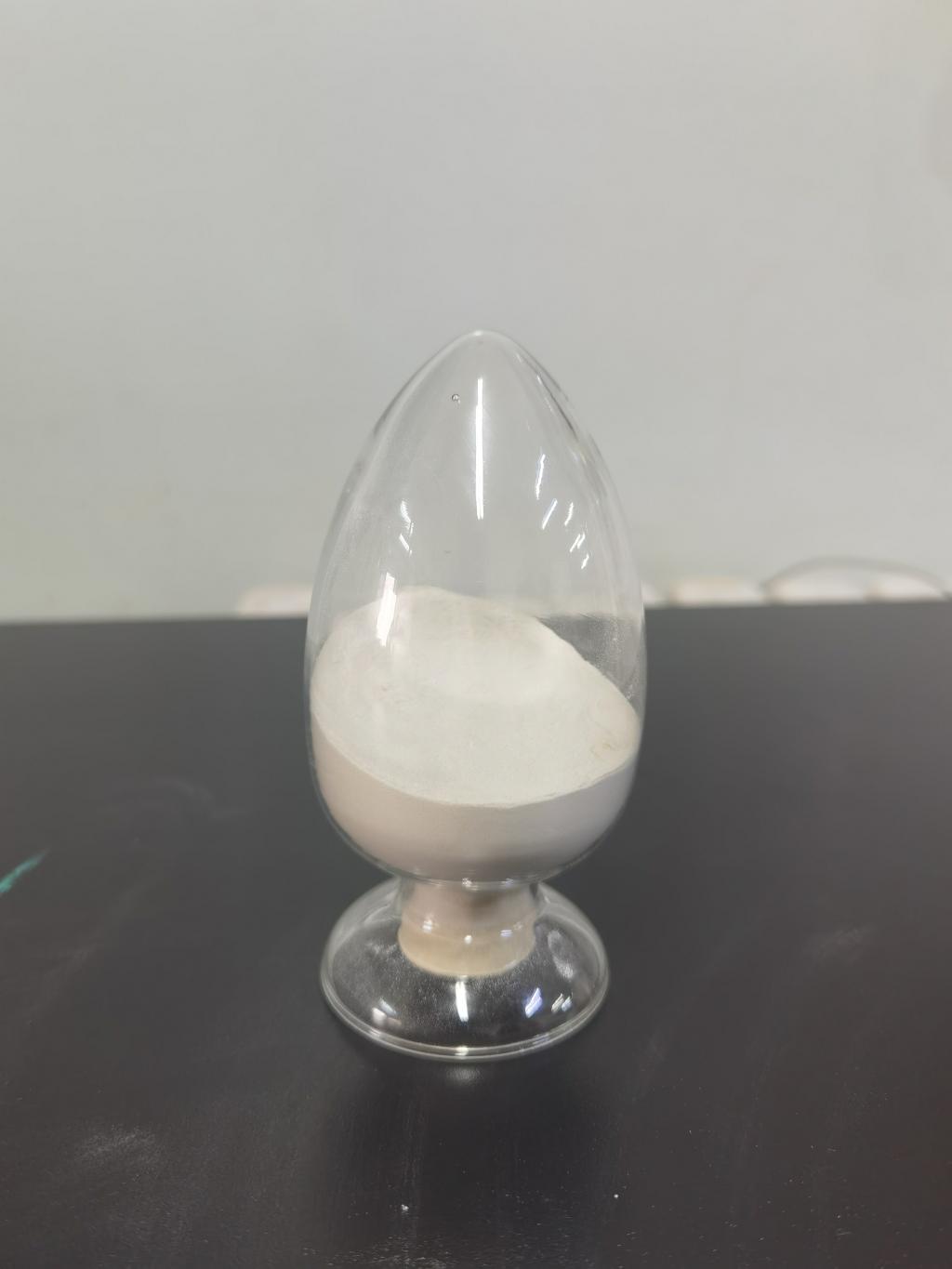Tel:+8618231198596

News
 CONTACT
CONTACT
 CONTACT
CONTACT
- Linkman:Linda Yao
- Tel: +8618231198596
- Email:linda.yao@dcpharma.cn
- Linkman:CHARLES.WANG
- Department:Overseas
- Tel: 0086 0311-85537378 0086 0311-85539701
News
Nisin's impact on the gut microbiota and digestive health.
TIME:2023-08-17
Nisin: A Brief Overview and Mechanism of Action:
Nisin is a bacteriocin, a class of antimicrobial peptides produced by certain lactic acid bacteria. It was initially recognized for its role in preventing the growth of undesirable microorganisms in food products, thus extending their shelf life. Nisin's primary mode of action involves disrupting the cell membranes of target bacteria, leading to permeabilization and cell death. This unique mechanism of action, which is specific to gram-positive bacteria, has garnered interest not only in food preservation but also in potential applications within the human body, particularly in the gut.
Impact of Nisin on Gut Microbiota Composition:
Selective Action: Nisin's specificity for gram-positive bacteria is advantageous for gut health. While it can inhibit harmful bacteria, it has a limited impact on beneficial gut bacteria, which are predominantly gram-negative.
Balancing Microbial Diversity: Research suggests that nisin may contribute to maintaining a balanced gut microbiota by suppressing the overgrowth of certain pathogenic bacteria. This balance is essential for overall digestive health and immune function.
Potential Prebiotic Effects: Some studies propose that nisin may exert prebiotic-like effects by selectively promoting the growth of specific beneficial bacteria, such as lactobacilli and bifidobacteria.
Influence on Dysbiosis: Dysbiosis, an imbalance in gut microbial composition, is associated with various digestive disorders. Nisin's potential to modulate gut microbiota could have implications for managing conditions like irritable bowel syndrome (IBS) and inflammatory bowel disease (IBD).
Effects of Nisin on Digestive Health:
Protection Against Pathogens: Nisin's antimicrobial properties can help protect the gut against harmful bacteria, reducing the risk of infections and associated digestive issues.
Inflammation Regulation: Emerging evidence suggests that nisin may have anti-inflammatory effects, which can contribute to alleviating inflammation-associated digestive disorders.
Short-Chain Fatty Acid Production: Nisin's influence on gut microbiota may enhance the production of short-chain fatty acids (SCFAs), which play a vital role in maintaining gut health, supporting the intestinal barrier, and promoting regular bowel movements.
Metabolic Health: A balanced gut microbiota is linked to metabolic health. Nisin's potential to influence microbial diversity could indirectly contribute to maintaining healthy metabolism and weight management.
Considerations and Future Directions:
Dosage and Concentration: Determining the optimal dosage and concentration of nisin for gut health benefits while avoiding potential negative impacts on beneficial bacteria is a key consideration for research.
Individual Variability: Gut microbiota composition varies among individuals. Nisin's effects on one person's gut microbiota may differ from those in another person, necessitating personalized approaches.
Long-Term Effects: Long-term consumption of nisin or products containing nisin requires further investigation to understand its sustained impact on gut microbiota and digestive health.
Combination Therapies: Exploring the synergistic effects of nisin with other compounds or probiotics may offer enhanced benefits for gut health.
Conclusion:
The intricate interplay between nisin, gut microbiota, and digestive health opens exciting avenues for research and innovation. As our understanding of the gut-brain axis deepens, the potential impact of nisin on promoting a balanced gut microbiota and improving digestive health becomes increasingly relevant. While nisin's antimicrobial properties offer promise, continued research is necessary to elucidate its mechanisms, long-term effects, and potential applications as a natural approach to support digestive well-being. As we delve further into the realms of microbiome science and its implications, nisin's role in shaping the future of digestive health emerges as a captivating area for scientific exploration and therapeutic development.
- Tel:+8618231198596
- Whatsapp:18231198596
- Chat With Skype







